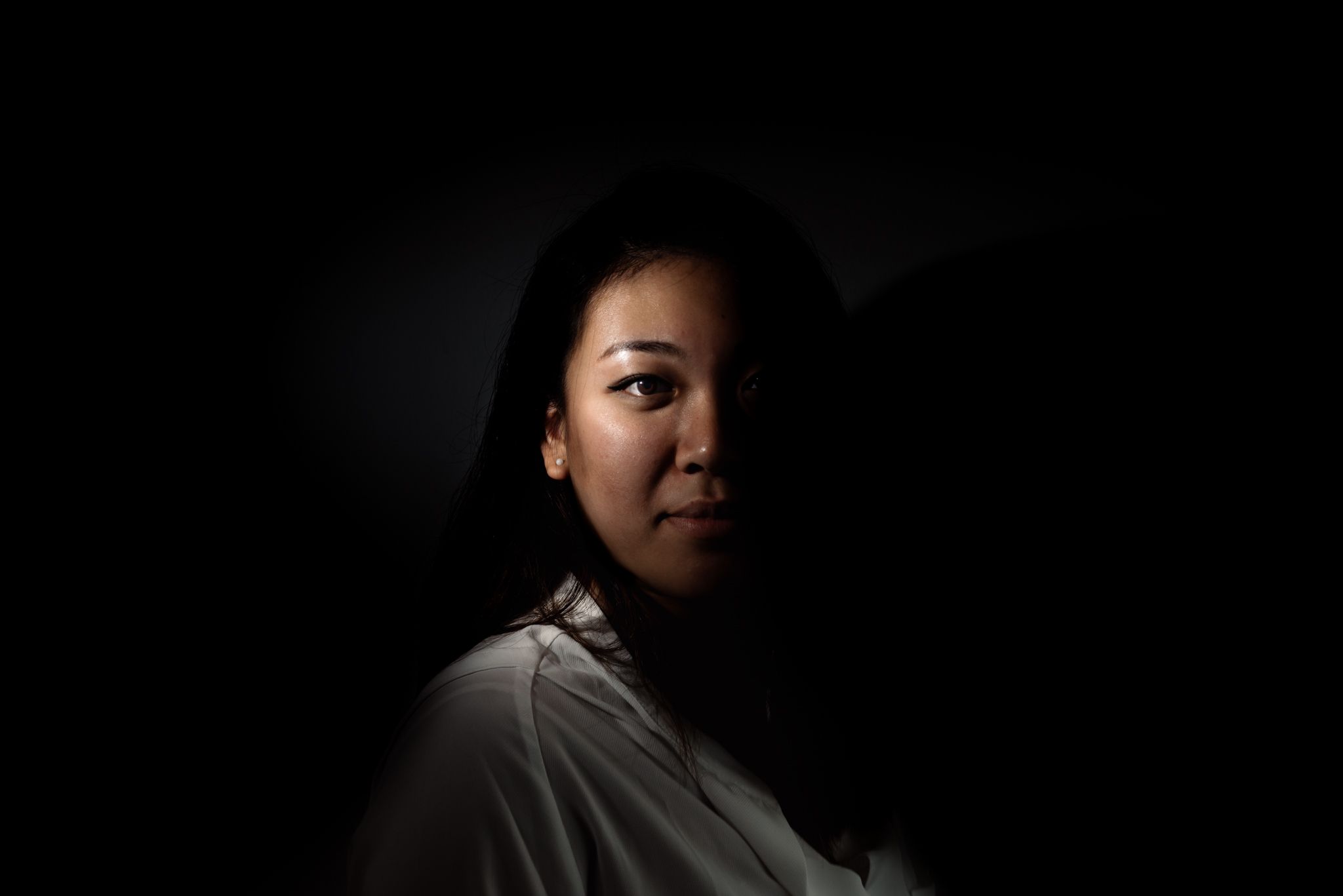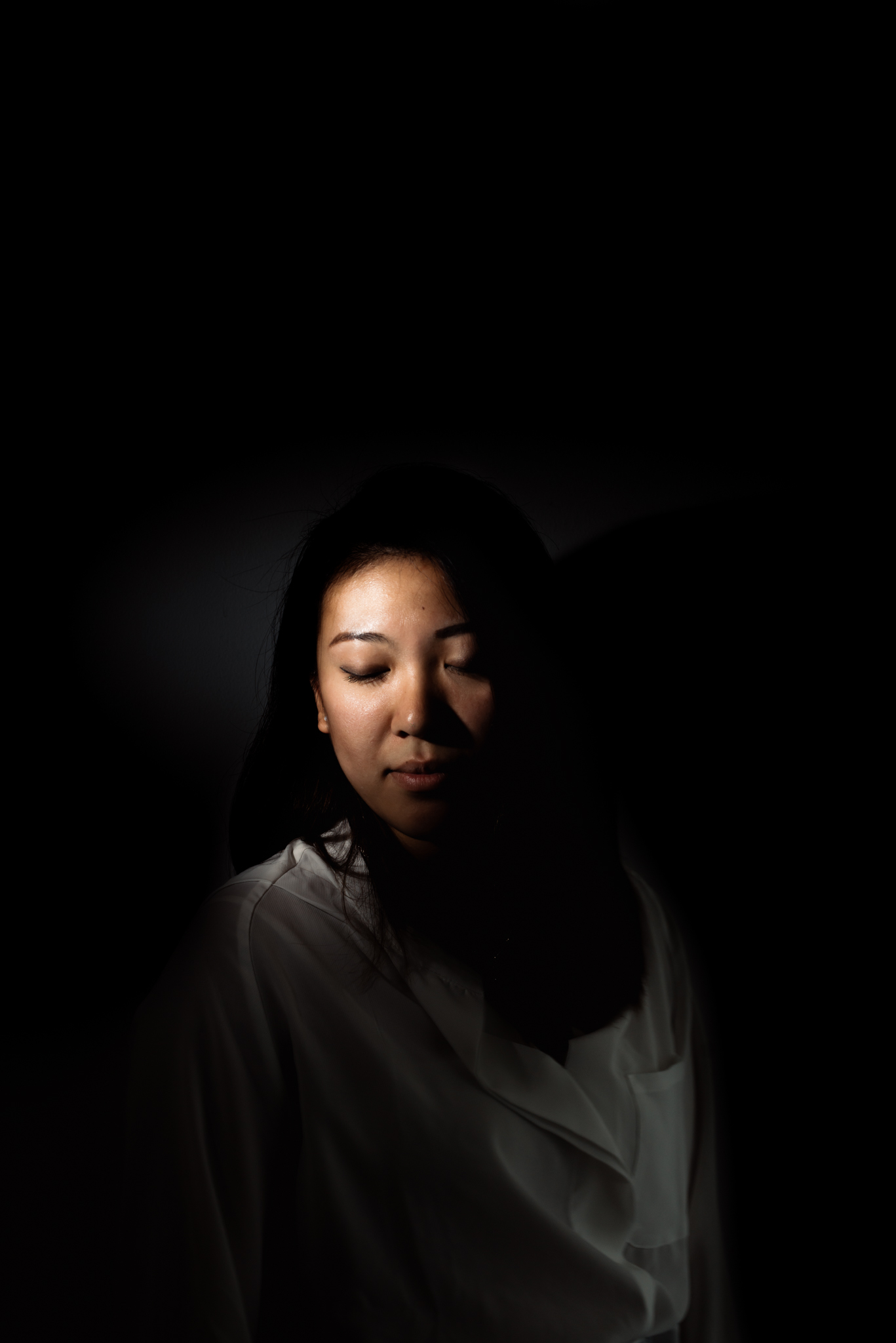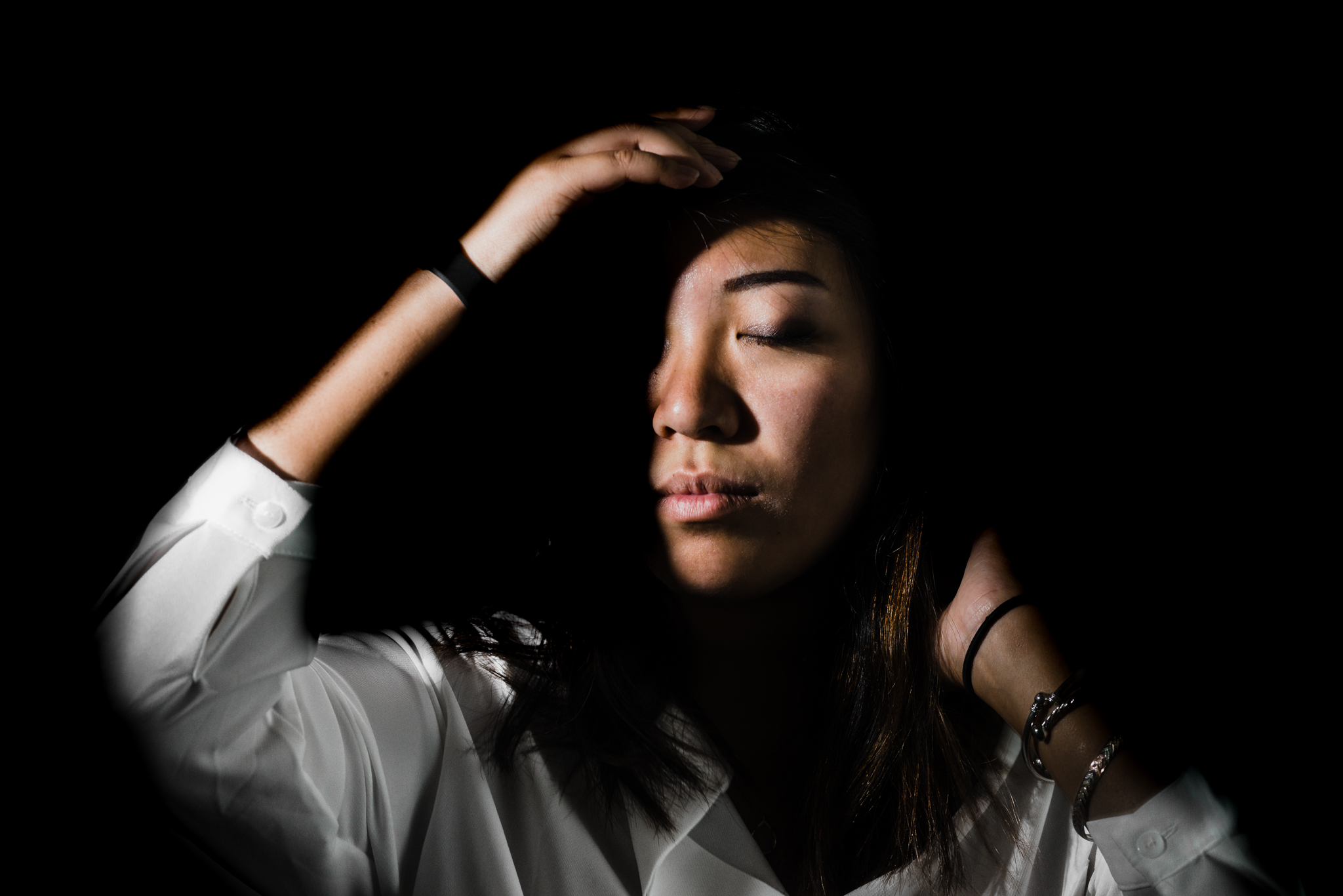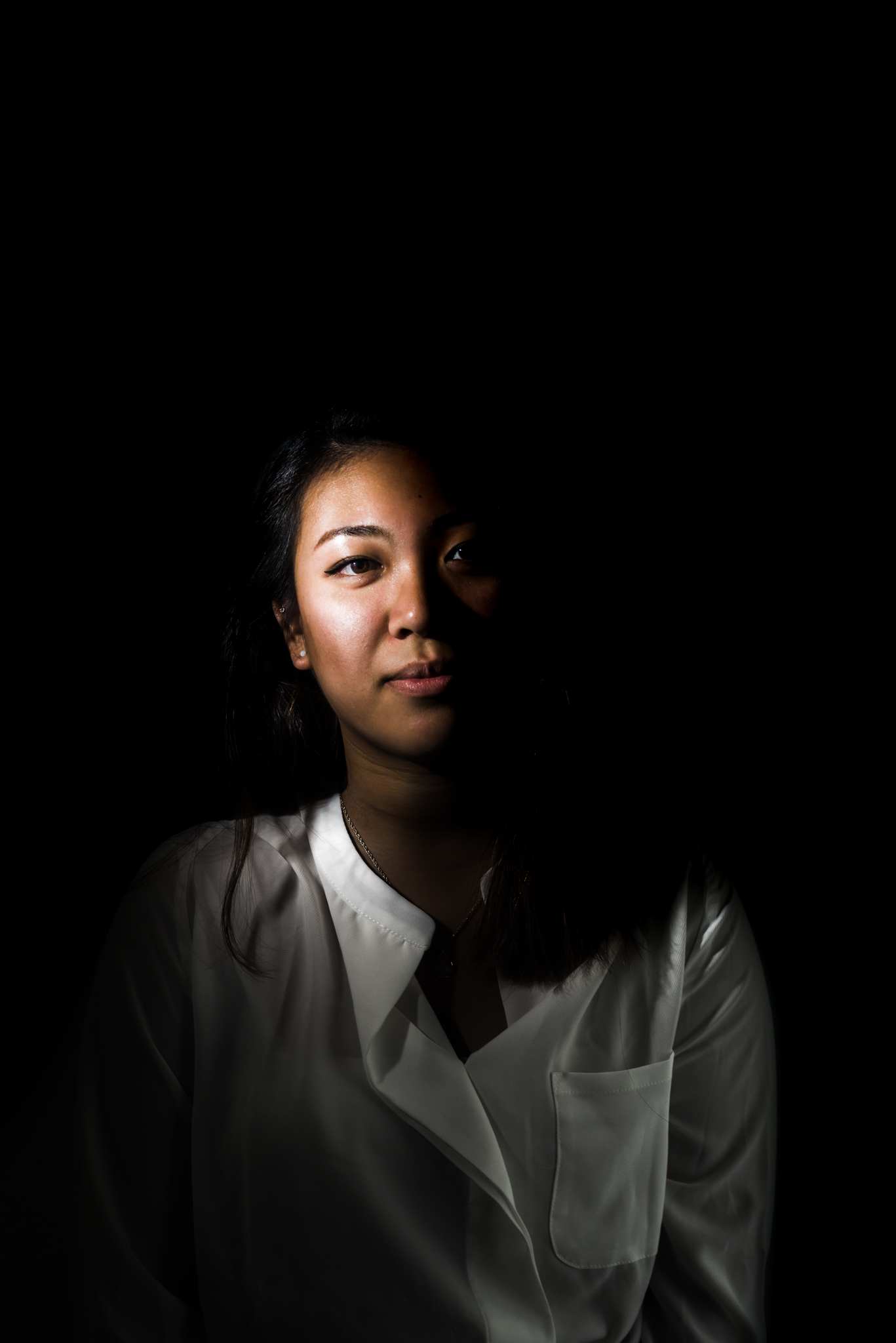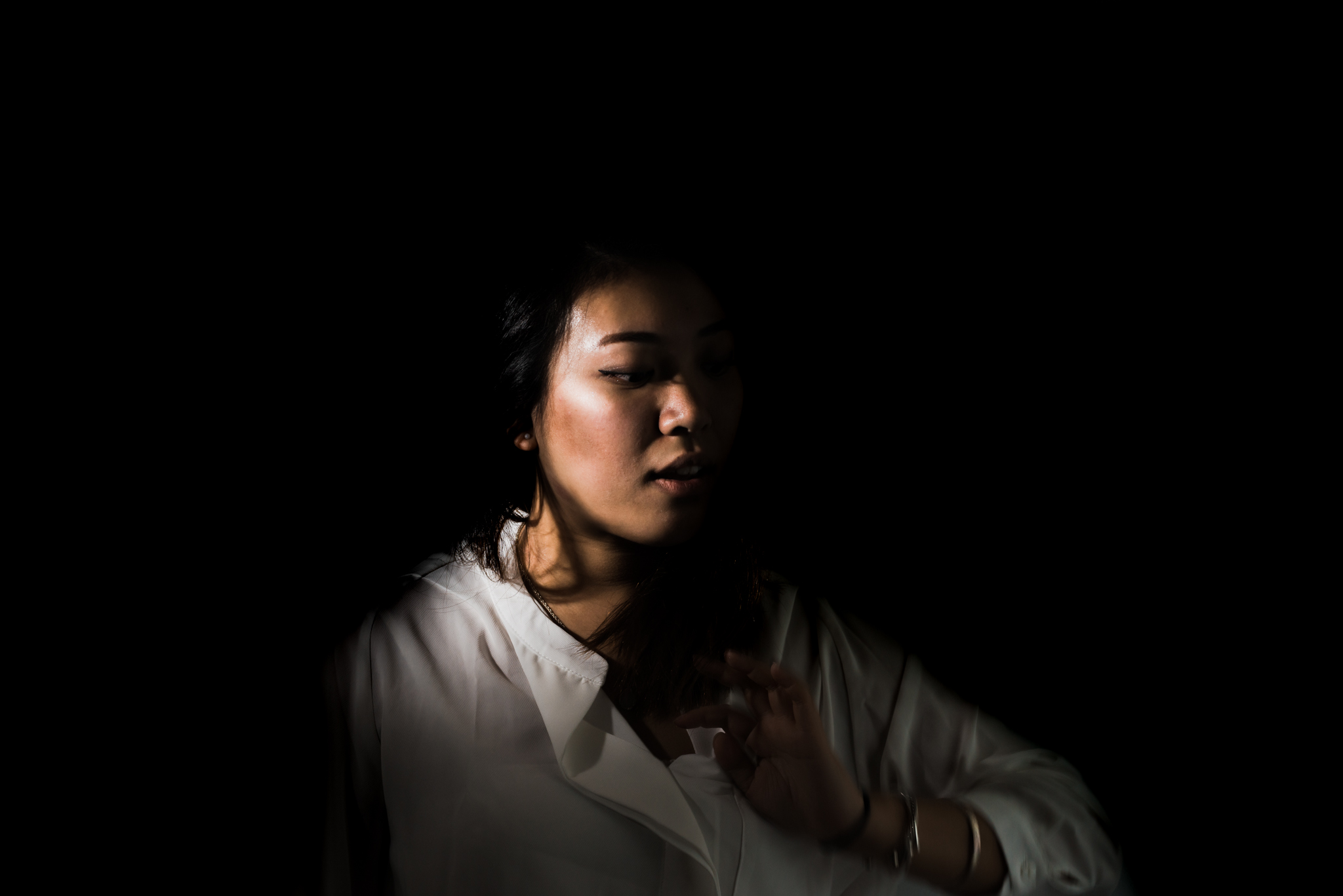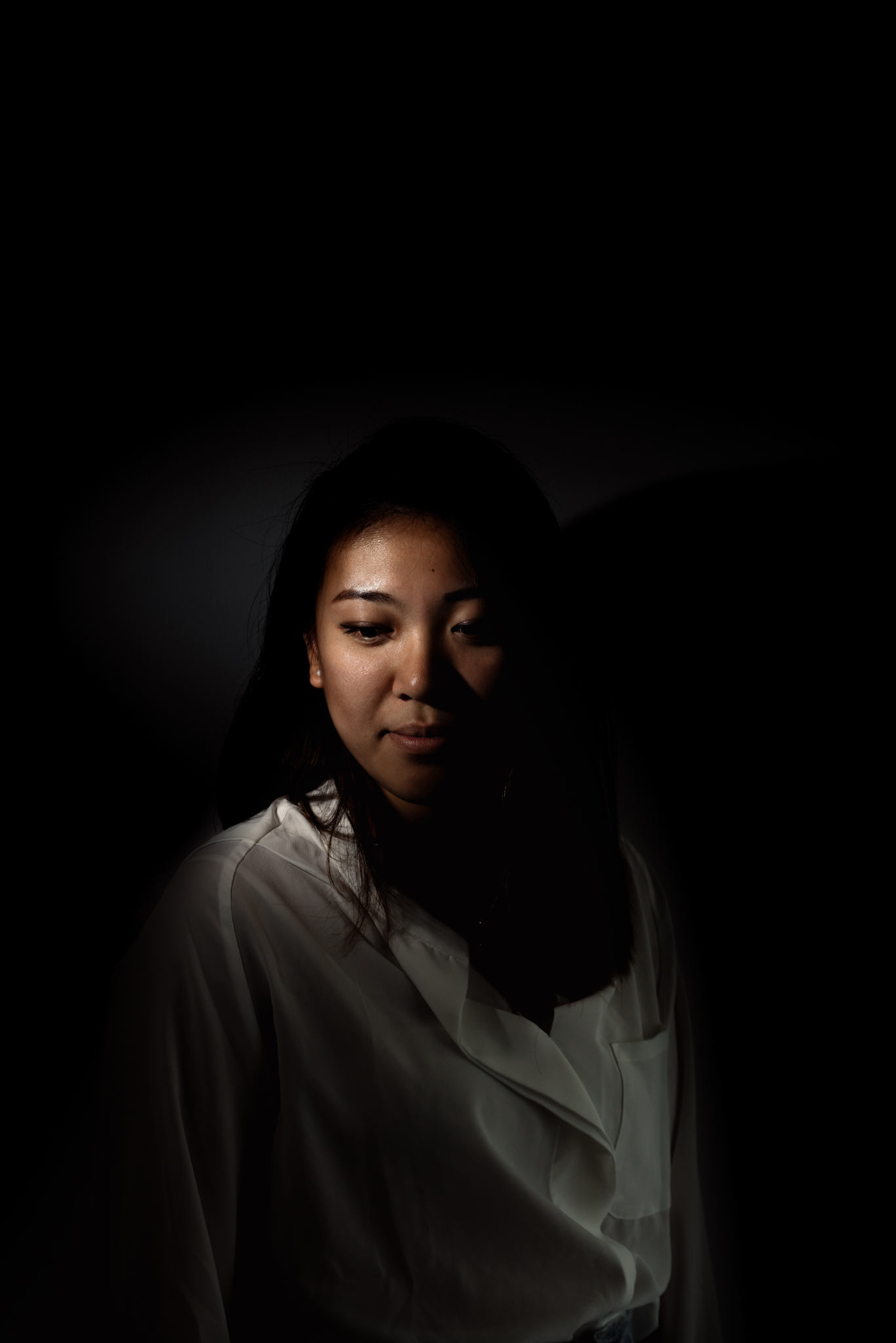The Other Side: Jeanne Hou
Jeanne and I grew up with similar backgrounds (and many mutual friends), but only recently met in NYC. It was such a joy chatting with her and hearing her thoughts on being Asian American and Christian. I'm excited for you to dive a little into her world and thoughts.
“I remember distinctly walking through Chinatown as a child, holding my mom’s hand, and I saw a white person walk by and thought, ”What is that?” I really thought everyone in the world looked like me because I was surrounded by Chinese people. It’s not the typical minority story for everyone growing up in America, but it was for me growing up in Chinatown.”
Jeanne Hou works in consulting in New York City.
On growing up in chinatown
I'm from Chicago, a child of immigrants. My parents were restaurant workers. I'm your typical Asian family, came from nothing and made something of it. My sister's now a doctor, I'm a consultant. It's the dream, but also not the dream if that makes sense.
My parents immigrated to Chicago in the 80s. My dad came with his entire family and my mom came two years later because of the immigration restrictions at the time. It took awhile to get a visa. They settled in Chicago's Chinatown and worked in restaurants. They eventually got their own restaurant and bought their own house.
I went to a Catholic school in Chinatown, which in retrospect is a bit weird. My parents sent me there because they could trust the people, and the public school in Chinatown wasn't the greatest. Everyone was Chinese and only about 2% were actually Catholic. I remember distinctly walking through Chinatown as a child, holding my mom's hand, and I saw a white person walk by and thought, "What is that?" I really thought everyone in the world looked like me because I was surrounded by Chinese people. It's not the typical minority story for everyone growing up in America, but it was for me growing up in Chinatown. It wasn't until I went into middle school and attended a public school that I met people of different races.
“I don’t know what Bible you’re following, but the Jesus I follow says there is worth in every single human being. The image of God that is in me, is also in you. I love that.”
On the christian church
I didn't have any concept of Christianity, which is why when I was in high school, I was invited to a youth group at a Chinese church. It was very different than what I grew up with. Before I had thought, God is potentially a person that if I tell my sister I hate her, I'm going to hell. When I got older and started understanding more about why [this faith] is different or how people at a Chinese church prayed versus how the Italian American Priests prayed, it was different. Sure there were cultural differences, but ultimately it was the different practices.
It wasn't until I got older that I started to notice church politics, like saving face—things that my parents, who weren't Christian, valued as well. It was also different because the parents of my peers were generationally different than my parents. [My parents] were the restaurant people who didn't have a higher education background. A lot of my peers lived in the suburbs and their parents had white collar jobs and professional degrees. That was a gap that I had to navigate too. Even how my parents raised us was prominent, like "don't tell anyone about family issues, don't tell anyone about what is going on. Keep it to yourself, you don't know who you can trust." The church culture was a combination of that and American values.
I wouldn't trade growing up in a Chinese Christian church, but I think going forward I would be wary going to a predominantly Asian American church. It would have to be a bit more diverse. Just because of the politics. As I grew into a political awakening and self awakening in college, I found that some things I valued just weren’t matching up with what the church valued, which I tried to reconcile for years. I think I still am, but I’ve accepted that you can’t bear the world’s problems all the time. I was frustrated that the church wasn't addressing things like gun violence in the city. We are praying for Paris, but why aren't we praying for the kid that died last night a few blocks down? That was so frustrating for me. It's awesome that they want to send missionaries to China, Taiwan, or college campuses, but we have to look at ourselves. Someone got stabbed across the street from our church.
There's also so much generational trauma that isn't addressed. I'm not sure how to describe it, I just feel the generational trauma from immigration. America is not acknowledging it as a valid point. You can't not care about this stuff. I don't know what Bible you're following, but the Jesus I follow says there is worth in every single human being. The image of God that is in me, is also in you. I love that. Some people are saying that, while others are condemning gay people. You can't condemn people. You can't say, "You aren't worthy to come to our church, you aren't worthy to serve." That bothers me and blows my mind. Jesus was a refugee. His parents were lower class and he was from the ghetto of Nazareth. People questioned if he was crazy. That is the Jesus that is real. He came to do counter-cultural stuff for his time, so how dare we say, "You can't come into our country," when the God we follow is a foreigner?
“I cannot ignore that how I see God is through the lens of my culture and my gender. ”
On the intersection of culture & faith
I've been doing a lot of soul study. What does it mean to hear about theology not from a white male perspective? Also [I've been ]trying to learn about the history of Asian Americans. I cannot ignore that how I see God is through the lens of my culture and my gender. We see everything through the lens of culture. For example, seeing God as a father figure for me is through how I was raised and how my parents were raised. I agree and I don't agree with the sentiment that "once you know Jesus everything is changed." Some people only see the rose-colored lens of, "my life is transformed, it's ok these things are happening because there's eternity." But I'm like, "No! We still live in this broken and messed-up world. We cannot not acknowledge that."
At the end of the day I have to examine what being an American evangelical even means because the only truth that is objective is what is in the gospel. This came as I was trying to possibly comprehend why people who claim to love Jesus could vote for someone like Trump and I was wondering “Are we following the same God?” They truly believe they are right. Me as informed by my identities understand truth to be in a different way. So they believe they’re right, I believe I’m right, so who’s really right? It comes back to the fact that our theology and practices are so colonialized.
At the end of the day I'm still following a very colonialized theology. So what do I do as an individual person to look for commentaries that aren't written by old white men, or listen to a female person, or a woman of color preach? Now that I'm a semi-woke adult, how do I manage all these things while still trying to hold down a job and pay rent?
“We have to put bifocals on when we look at our surroundings. You have to acknowledge human dignity and the social injustices and brokenness. But you also need to acknowledge that there is hope in Christ. You can’t see these things separately.”
On her identity as both a christian and a minority
When I started going to church, a lot of my LGBTQ friends asked me, "Are you going to stop being my friend?" They were scared to come out to me and came out to me a lot later than my other friends because I started going to church. I took that with me, but I didn't want to hide that I was a Christian. Eventually it gave me a certain brand in college. Like, "Jeanne is going to go hang out with her Asian Christian friends." That right there are two identities, Asian and Christian. It really made me start to think about my identity because I'm gravitating towards these people and seeking these spaces for a reason. It hurt because I didn't know how process it. I didn't know that my identity was so tangible.
During my sophomore year of college, I was taking a psychology class and one of the assignments was to write an autobiography. So I wrote about my parents' immigration story. My white female professor, a licensed therapist with her own clinic, wrote on mine and another girl's paper, who was Korean American, "Typical immigration story, what else?" You can't tell me my story is invalid and expect more from it when it's not there. This is my experience. Naturally [our parents' immigration] shaped who we are. I changed majors after that. I didn't really take political stances until after that moment. For awhile it was still pretty uncomfortable for me to talk about [politics] because I don't want to be wrong or offend anyone. But that was the beginning of me talking about things that were hard—pressing into the challenges. As a result I came to a political awakening in a very different context. I was surrounded by people who were very radical in their political views. I came into this in a rightly angry context. I had to learn how to be in my anger over certain injustices that weren't merely a Christian thing, but a matter of human dignity. My senior year, the Mizzou instance happened, Trump was running for president, Black Lives Matter was in full swing. My Christian fellowship couldn't ignore it anymore. Once your blinders are taken off, you can't put them back on. So we started being more vocal about social justice issues. It's about recognizing privilege, and being an Asian American and a Christian, there's a lot of privilege. Even thinking I can leave the city makes me privileged in itself.
We have to put bifocals on when we look at our surroundings. You have to acknowledge human dignity and the social injustices and brokenness. But you also need to acknowledge that there is hope in Christ. You can't see these things separately. That was when my political awakening and Christian awakening intersected.
“See the human dignity in someone, and don’t let the fear take over your life.”
On Navigating the current political climate
It's really scary, but what everyone can do a better job of doing is to press into the hard places. That means pressing into things that scare me, or hard conversations and being uncomfortable. When we pray, "God, break my heart for what breaks yours," it's a very heavy thing to pray. See the human dignity in someone, and don't let the fear take over your life. It's easy to be hopeless in a lot of things, but it's important to come back to knowing what God says is valuable. It's not the numbers, it's the people. Engage in conversations that are hard. Don't dilute yourself into thinking you're only doing this to learn. We're not doing this to learn, we're doing this to love people better and seek a truer and more holistic view of what it means to be loved by God. Don't use "God is still good" as an excuse to not engage with the issues that are pressing. Love radically. Which is hard.
Take care of yourself. The burden of the world is great, and we cannot do all of it. Self-care is very important. We also need to understand other view points, especially cycling in non-Christian viewpoints. I don't think it's heresy to be critical of the Bible. At the end of the day, the Word of God came to the people who wrote it, but they're still people. Even through translations somethings will be off. So it's important to examine things critically. Let's equip ourselves to be critical. Examine word by word and see what God is trying to say through these people. Make your faith your own faith.
“Whether or not you believe in God, there is a value that is created in you from the start.”
On interacting with the world
I don't believe in telling people they're sinners right off the bat. We have to first acknowledge that the image of God that exists in us, exists in every other person you meet. We need to affirm that we are valued and loved by God. Whether or not you believe in God, there is a value that is created in you from the start. There is validity and dignity in every person. It's a hard and arbitrary concept, but it's so necessary.







